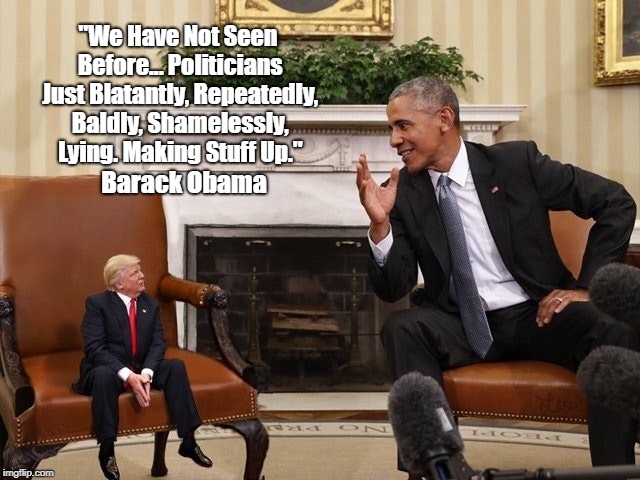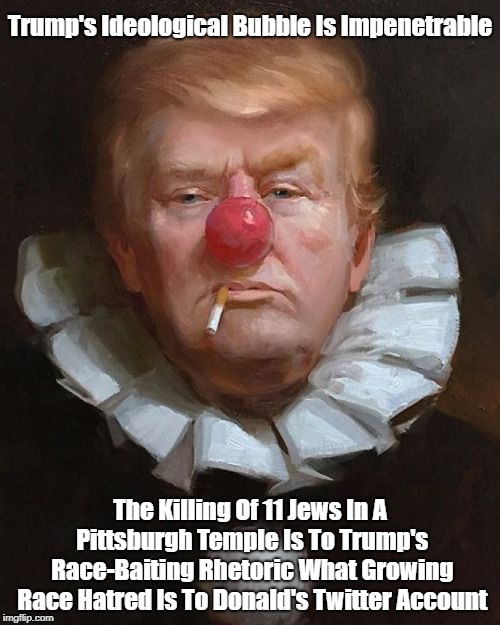The Tree of Life Shooting and the Return of Anti-Semitism to American Life
Robert Bowers, who opened fire at the Tree of Life Synagogue, in Pittsburgh, this morning, killing at least eleven people, was not evasive about his intent. He reportedly made anti-Semitic statements during the shooting, and just beforehand posted on Gab, a right-wing social network, about hias, a Jewish nonprofit that supports refugees. “hias likes to bring invaders in that kill our people,” he wrote. “I can’t sit by and watch my people get slaughtered.” Earlier, he had suggested that he supported far-right nationalism but believed that President Trump was captive to a Jewish conspiracy. “Trump is a globalist, not a nationalist,” Bowers wrote. “There is no #maga as long as there is a kike infestation.”
American history has been marked by acts of anti-Semitic violence, including the shootings at Jewish community centers in Kansas City, in 2014, and Los Angeles, in 1999. It has been marked, too, by mass murders in houses of worship—in recent years, the massacre of twenty-six people at a Baptist church in Sutherland Springs, Texas, last November, and the murder of nine African-American worshippers at Emanuel A.M.E. Church, in Charleston, South Carolina, by the white supremacist Dylann Roof. The Tree of Life shooting, however, was the second attempted hate-fuelled massacre in a house of worship within seventy-two hours. On Wednesday afternoon, a man named Gregory Bush allegedly shot and killed two African-American customers at a Kroger’s supermarket in Jeffersontown, Kentucky, reportedly saying afterward, “Whites don’t kill whites.” Ten to fifteen minutes before, he had tried the predominantly black First Baptist Church, where he spent several minutes rattling the locked doors.
The manias of mass murderers are always particular. But the massacres in Pittsburgh and Jeffersontown—and the pipe bombs sent to a dozen Democratic leaders this week, allegedly by the Trump supporter Cesar Sayoc—share some obvious common causes. They are the toxic politics of the President, and the racist, nationalist fervor that has been inflamed by his rise, and the success and the militancy of the gun lobby, which for decades has refused to acknowledge the obvious: that one way to have fewer killings is to make it harder for Americans to possess guns. Each of these is a national crisis on its own.
What should be plain now is that each crisis is escalating, as is the frequency of political violence. Trump, asked about the Pittsburgh shooting, said, “If they had protection inside, the results would have been far better.” The moral inadequacy is vast. Murderous acts of hate have occurred, on a national scale, several times this week. It is a tragedy that the President is not able to see them for what they are.


No comments:
Post a Comment